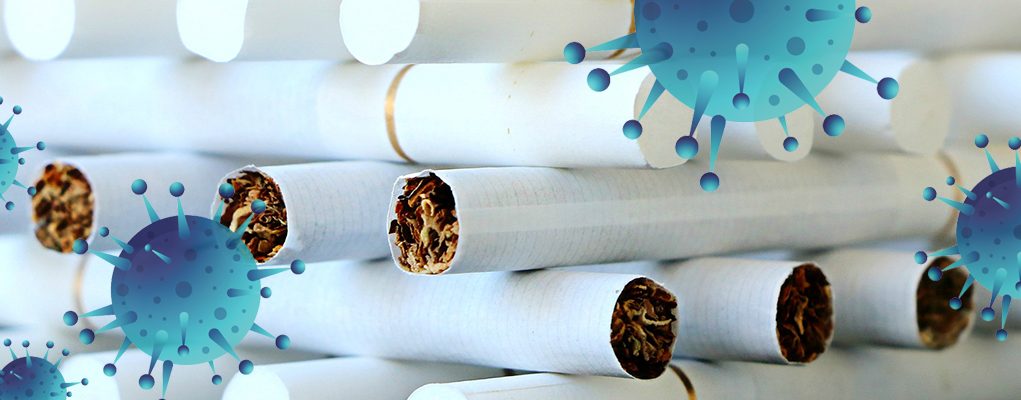The study titled, “Multi-level drivers of tobacco use and purchasing behaviors during COVID-19 “lockdown”: A qualitative study in the United States,” was published in the International Journal of Drug Policy. In line with previous findings the researchers highlighted the following Covid-related changes:
- “Increases driven by individual factors (eg, anxiety, boredom, irregular routines).
- Fewer interpersonal interactions led to decreased use among social tobacco users.
- Smoking and vaping behaviors in the home shifted due to new household dynamics.
- Vaping products less accessible than cigarettes, driving users to purchase online.”
With these factors in mind, the study suggests certain public health interventions and policies that can better support tobacco harm reduction and smoking cessation attempts, during the pandemic and beyond. “To mitigate ways that the COVID-19 pandemic may exacerbate an existing public health crisis, multi-level policy strategies, such as expanded virtual cessation services and implementation and enforcement of smoke-free home rules, can better support population health during this critical period. Policies that facilitate access to lower risk products can help minimize harm among those who cannot or do not want to quit smoking.”
Pandemic-related stress increased smoking rates
Similarly, an earlier paper titled “COVID-19: Risk of increase in smoking rates among England’s 6 million smokers and relapse among England’s 11 million ex-smokers”, Sessional GP, Medical Director at the Centre for Health Research and member of the Royal College of General Practitioners, Pooja Patwardhan, and emphasized that the stress brought about by the current situation may have a negative impact on smoking rates.
“As the world goes into lockdown, social distancing and self-isolation are likely to make the society very lonely and life more stressful,” said Patwardhan.
“With my experience of working in preventive medicine and smoking cessation, the uncertainty and the stress might push current smokers to smoke more cigarettes and ex-smokers to relapse back to smoking. A perfect (bad) storm for relapsing and smoking more,” she added.












